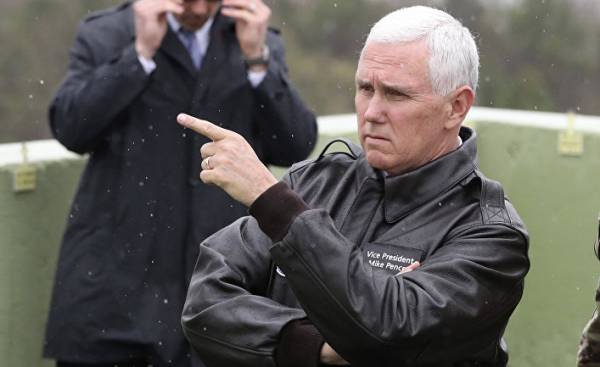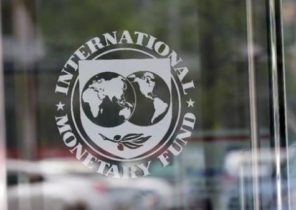
In the first place for many of the leaders in the next quarter will be the issue of trade. While the President of the United States Donald trump is still mastered in the White house and mired in squabbles with Congress because of the suspicion of links with Russia, it will attempt to draw public attention to his trade agenda. To this end, Stratfor noted, Washington will work to clarify its strategy for combating currency manipulation abroad to tighten control over the existing commercial legislation and in preparation for the revision of the North American free trade agreement NAFTA. According to experts, the uncertainty of the intentions of the White house will encourage the major trading partners of the United States to seek new economic relations in other places.
At the same time some of them will be to use cooperation in the field of security and promises of investment to secure a positive position of Washington — or at least try to fend off punitive trade measures. China will be one of them, analysts say, because of intense trade negotiations with the United States, it uses its economic recovery and a growing sense of urgency surrounding the nuclear program of North Korea.
In turn, the White house will do everything possible to push the secondary sanctions against intractable neighbor China, perhaps even go to increased military assistance to Taiwan, to force Beijing to engage in war. But if Washington and has his own plan according to the forecast, even more severe sanctions regime will not help to slow down the nuclear program of Pyongyang. Then the United States will have no choice but to create a reliable military deterrent against North Korea — a move that will only exacerbate the divide between Washington and Beijing, analysts add.
Attack of the airbase of Syria has largely been organized in order to show Beijing and Pyongyang that the White house may be forced to take military steps. The attack became a strong signal to the opponents of the United States, but has created complications for Washington on the Syrian battlefield with Russia. Experts believe that Moscow will try to use heightened risks of clashes in Syria and the fight against “Islamic state” to bring the trump at the negotiating table. But the Kremlin will be less inclined to trust the West and more to take in the problems within the country.
As for Turkey, it will pay more attention to Northern Iraq, where the conflict erupts between Arab and Kurdish forces. Highly appreciated, the oil-rich district of Kirkuk remains a key aspect in the competition for influence between Turkey with Iran. According to analysts, Washington, in an effort to balance the Shia Iran would support Sunni States led by Saudi Arabia. But the nuclear deal with the US, Tehran will not change.
Meanwhile, Saudi Arabia and its allies in the Persian Gulf will take on the burden of maintaining the reduction of oil production in OPEC for a further six months, the report says Stratfor. Stable oil prices “buy” the Venezuelan government, which will experience a shortage of funds, in order to bring its finances in order. But even that Caracas, according to experts, will not help: the risk of default will increase in the second half of the year, and the ruling party will have to deal with the consolidation of power in preparation for the frenzy that is yet to come.
Venezuela is not the only state seeking to one-party rule. On the other side of the globe of Indian politics “has swung to the right.” This trend, Prime Minister Narendra modi and his center-right Bharatiya Janata party can use to their advantage. This quarter they will focus on sweeping reforms of tax policy, which had previously helped to clear the Parliament. Their plans look even more realistic because of the strengthening of the power of Hindu nationalists in the country that gives the ruling party political capital and ability to push through much-needed structural reforms.
Nigeria will be much less room for necessary reforms, as a growing struggle for power in Abuja leads to a situation when the government almost idle. The state of health of President muhammadu Buhari raises questions about who will succeed him. The leader of the transition of South Africa Jacob Zuma strengthen the power, preparing for the possible further development of events, writes Stratfor.
The leaders of European countries also face a growing threat to their power, experts say, though of a different kind. France is preparing for elections that will put the traditional political elite of the country against the growing euroscepticism, and Italy, perhaps, is not far behind in this trend. The result of the French elections could put the Eurozone on the knees and cause shocks through the global markets, say analysts.







